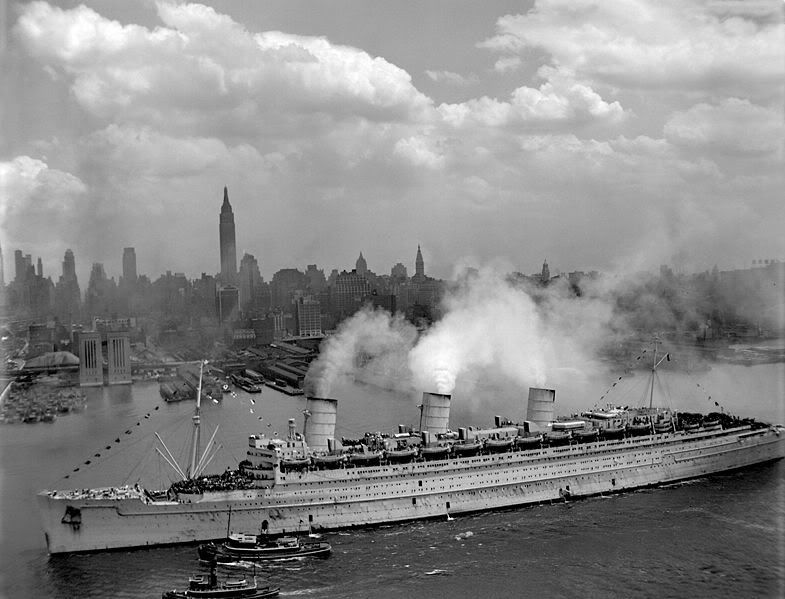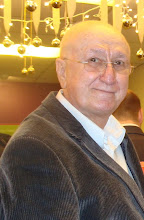Consider, for a minute, the unbelievable statistics:
The total estimated human loss of life caused by World War II was roughly 72 million people. The civilian toll was around 47 million, including 20 million deaths due to war related famine and disease. The military toll was about 25 million, including the deaths of about 4 million prisoners of war in captivity. The Allies lost approximately 61 million people, and the Axis powers lost 11 million.
Let those numbers sink in for a moment. Europe had virtually destroyed itself.
And yet, against this backdrop of devastation, love had bloomed and hope for a better future.
In pubs and restaurants, in lawyer's offices and churches, on streets and in parks, Canadian and American and Australian boys and British girls had found one another. Some boldly, some with awkward shyness, some out of a desperate loneliness, some not even knowing love had taken place until others told them.
In many ways my parent's story was typical of the time. My mother was an English Nanny looking after the children of a Major in the British army. My father was a staff Sargent in the Canadian army stationed at Aldershot. On his days off he would walk in the park where my mother would take the children to play. Because they would always run into each other, they eventually spoke and eventually my father worked up the courage to ask her out.
She said no.
The little girl my mother cared for was heart broken, her imagination captivated by the shy and fragile flirtation that had been unfolding before her.
"Why do you treat Staff Sargent like that, why won't you go out with him?" she asked.
My mother was heart broken as well, "Because he's married and it's not right to go out with married men, sweety."
Unlike the teenagers who make up the bulk of those in war time armies, my father was already in his late thirties. My mother had assumed from his age, that he was already married. But the Major's precocious daughter knew better.
"No he isn't," she said. "Staff Sargent isn't married. I asked father to check his service records."
"You never!!!" My mother cried, turning red with embarrassment.
And so, out maneuvered by an 8 year old, my mother finally agreed and my future parents began dating. They were married within the year. One month short of their first wedding anniversary, I was born.
A week later my father was gone. His entire division was deployed to North Africa and then into Italy and eventually marched all the way to Denmark. I was already three before I saw him again.
During that three year period my father saw death on an unprecedented scale. My mother saw much of her village reduced to rubble and lived with the constant threat of death through bomb and rocket attack. It changed them both.
In 1946 my mother and I joined 46,000 other women and their children in immigrating to Canada. She was a different woman than the one my father had married and he was a very different man.
In ship load after ship load they came, women devastated by war and privation and grief to meet men they hadn't seen in years but who had been exposed to a brutality beyond belief.
As the Queen Mary, in her drab gray military uniform, pulled out of Southhampton to take these women to a country they had only dreamed of and to a life with men who were also more dream than reality, the crowds of well wishers lined the dock and a military band played, "Will Ye No Come Home Again".
My grandparents stood in the vast crowd and watched as the second largest passenger ship in the world pulled out of sight.
It was only then that my grandmother wept.
The Warming of the Cockles
4 hours ago



